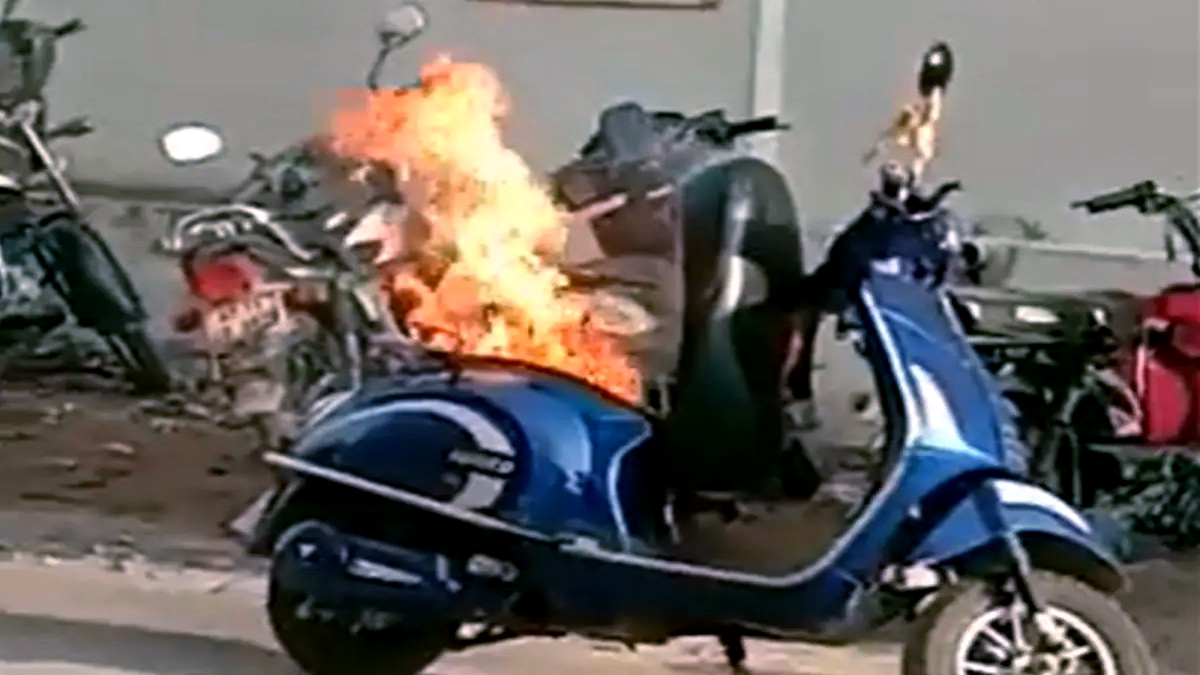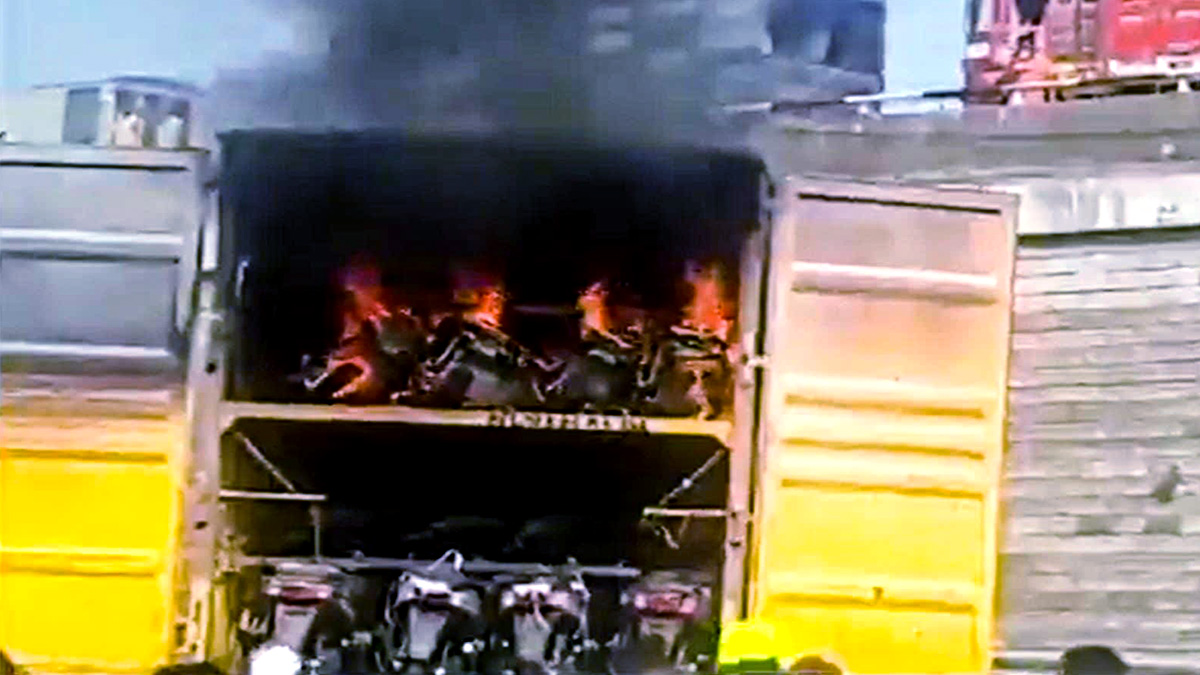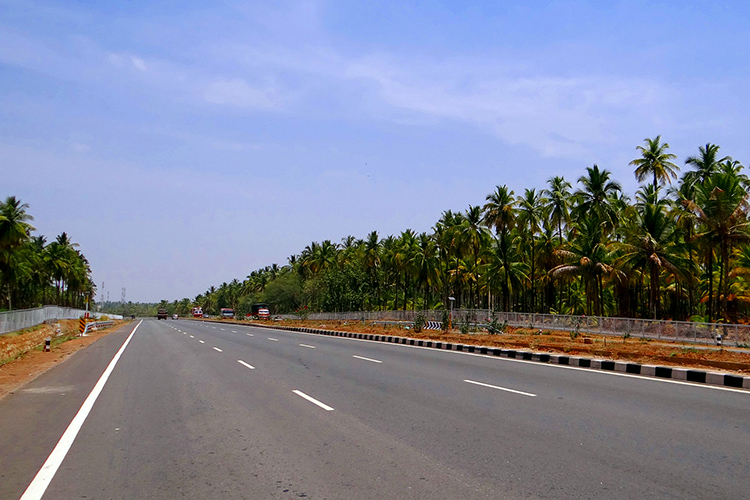Alarmed at the growing EV fires in the country, the government is set to bring in standard operating procedure (SOP) on battery certification and quality control in order to help EV makers develop efficient and safe products for the consumers.
According to sources, the government-formed committee to formulate new guidelines has experts from the Indian Institute of Science-Bangalore, Naval Science and Technological Laboratory in Andhra Pradesh, and the Indian Institute of Technology-Madras, among others.
The panel has been tasked with formulating a SOP for battery certification and testing and validation of key battery components, sources said.
The Centre last week sent show-cause notices to EV manufacturers like Ola Electric, Okinawa Autotech and Pure EV, among others, warning them why a penal action should not be taken against them for delivering faulty electric two-wheelers to the public.
The EV makers have been given time till the end of this month to respond in detail to the notices.
Once the responses are in, the government will decide which penal action is to be taken, if any, against the EV makers at fault.
Last month, the Central Consumer Protection Authority (CCPA), which comes under the Union Consumer Affairs Ministry, sent notices to Pure EV and Boom Motors after their e-scooters exploded in April.
The Ministry of Road Transport and Highways is also awaiting responses from EV makers on show cause notices sent to them.
Preliminary findings from the government-constituted probe committee on EV fires also identified issues with battery cells or design in nearly all of the electric two-wheeler fire incidents in the country.
The experts found defects in battery cells as well as battery design in nearly all EV fires.
Defence Research and Development Organisation (DRDO), which was earlier tasked with investigating electric two-wheeler fire incidents by the Road Transport and Highways Ministry, also found serious defects in the EV two-wheeler batteries.
These defects occurred because the electric two-wheeler manufacturers like Okinawa Autotech, Pure EV, Jitendra Electric Vehicles, Ola Electric and Boom Motors may have used “lower-grade materials to cut costs”, the DRDO probe had revealed.






